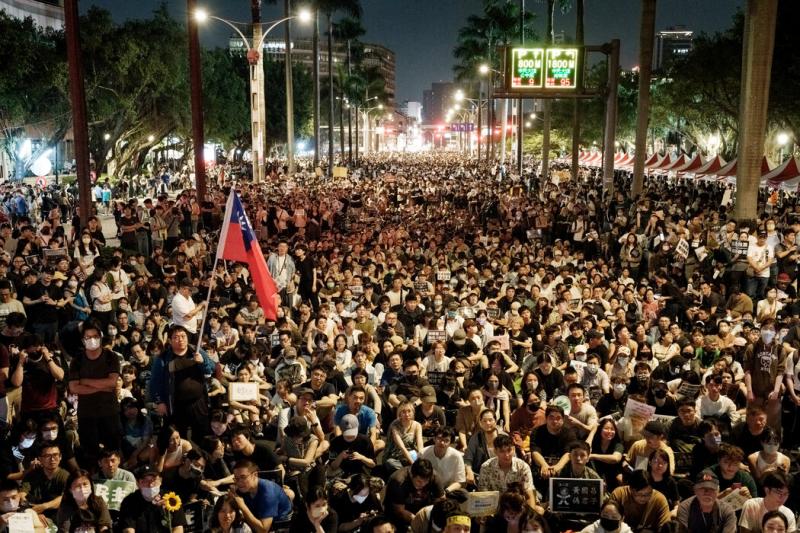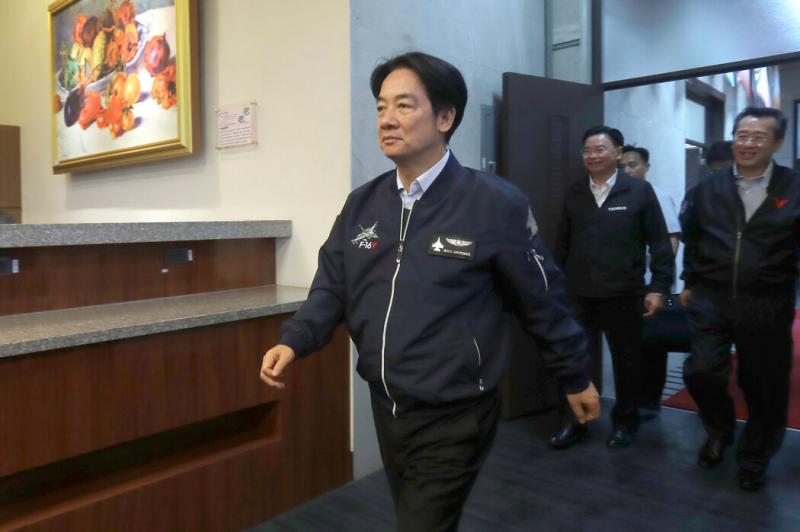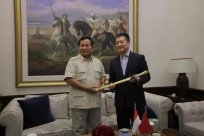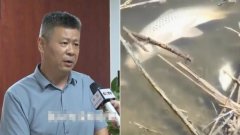
On Tuesday, the opposition legislator of Taiwan promoted the series of bills that might challenge the power of the new president Lai Qingde, ignoring the supporters of Lai Qingde who took tens of thousands of ones to protest on the street.
The legislation proposed by Lai Qingde's opponents was approved in just more than one week in office, highlighting the challenges that he would face the agenda without obtaining a major seat of legislation.In the January election, the total number of seats obtained by the Kuomintang and the Taiwan Civil Party in 113 seats exceeded the DPP of Lai Qingde.
Obtaining two bills supported by opposition will expand the power of the government to investigate the government.Lai Qingde's supporters accused the opposition of Vietnam, and served Taiwan's mainland interests to claim that Taiwan was its territory.The Kuomintang and the Taiwanese party legislators denied these allegations, and Lai Qingde's officials did not give evidence to prove that Beijing planned the legislation.
Around the Reform Act, the Legislative Yuan fell into a fierce quarrel.Politicians pushed the fight, and the DPP legislators were full of protest slogans on the floor and walls of the Legislative Yuan.
TheThe Reform Act will give legislators greater power to inquire about senior government officials and ask for internal documents.These legislations will also authorize legislators to punish officials who despise Congress, including refusing to answer questions or handling documents.
These amendments and their exposure differences may limit Lai Qingde's ability to promote major measures on the issue of internal affairs, and may destroy the extensive efforts to maintain extensive cross -party unity in defense priority matters.

"I really think that this has set the tone for the situation we should see in the future, that is, many chaos," said Lev Nachman, a professor of political science at the National University of Political Science."These new laws may have a true geographical political impact on the role of Taiwan and Taiwan in the region," he said, taking the debate around Taiwan's military expenditure as an example.
The political parties where Lai Qingde was located emphasized Taiwan's independent identity, and the Kuomintang, which fled from mainland China to Taiwan in 1949, believes that Taiwan should avoid conflicts by expanding trade and other connections with China.The Taiwanese party generally advocates a more pragmatic attitude towards the mainland.
Although the Kuomintang denied the influence of the mainland, many demonstrators at the Legislative Yuan were disapproved.
"I think protests like this are not just anti -bills, but ideological struggles."
The opposition has accused Lai Qingde of the political party attempting to cover up the mighty corruption and poor management, and incite the public's unreasonable fear of Beijing's interference.They also pointed out that the Democratic Progressive Party also supported more supervisors and proposals to give legislative agencies during the past.
"" Once strongly, the DPP government is requested to return the power to the people, and to enter the parliament for the reform of Congress and the sun, "Fu Kunyi, the Kuomintang legislator who promoted the reform, told reporters on Monday.
Lai Qingde and other Democratic Progressive Party accused the Kuomintang of ignoring democratic procedures and forcibly passed legislation. Some legal experts also proposed similar concerns.The presidential election in Taiwan was elected for the most votes. Lai Qingde won the vote rate of slightly higher than 40%. The Kuomintang believes that he lacks mainstream support, although his own candidate has a lower vote rate, only 33.5%.
"I believe that more and more Taiwanese are aware that if the bill is passed, it will greatly threaten our national security," said Shen Boyang, a legislator of the DPP of the ruling Party.
Lai Qingde may refuse to sign the bill as a law, and experts also stated that the Constitutional Court of Taiwan may rule that at least some of the power of the Legislative Yuan's expansion is unconstitutional.
This difference shows that Lai Qingde may face difficulties in promoting priority matters. For example, health insurance and pension reforms requires him to get support from most members in the Legislative Yuan to approve new laws.
As a leader, Lai Qingde controls the overall military policy, but the opposition members may challenge or put on hold on some budget proposals that affect the army.Especially under the close review of the Kuomintang and the Taiwan people's party legislators, the Taiwan government's special military expenditure bill used to pay huge weapon spending may be more difficult to pass.The Kuomintang and the Taiwanese party often accuse the government of waste of funds.
As the chairman of the House of Representatives of the House of Representatives, Michael McCell, a Republican Republican member of Taiwan, said that if the Kuomintang began to obstruct the Lai Qingde's Taiwan defense proposal, he would be worried.He had previously hinted that the Kuomintang's relationship with Mainland China was too close, but the party leader firmly denied the charges.
"If they start to disagree, it is really worrying," McCord said in an interview.




